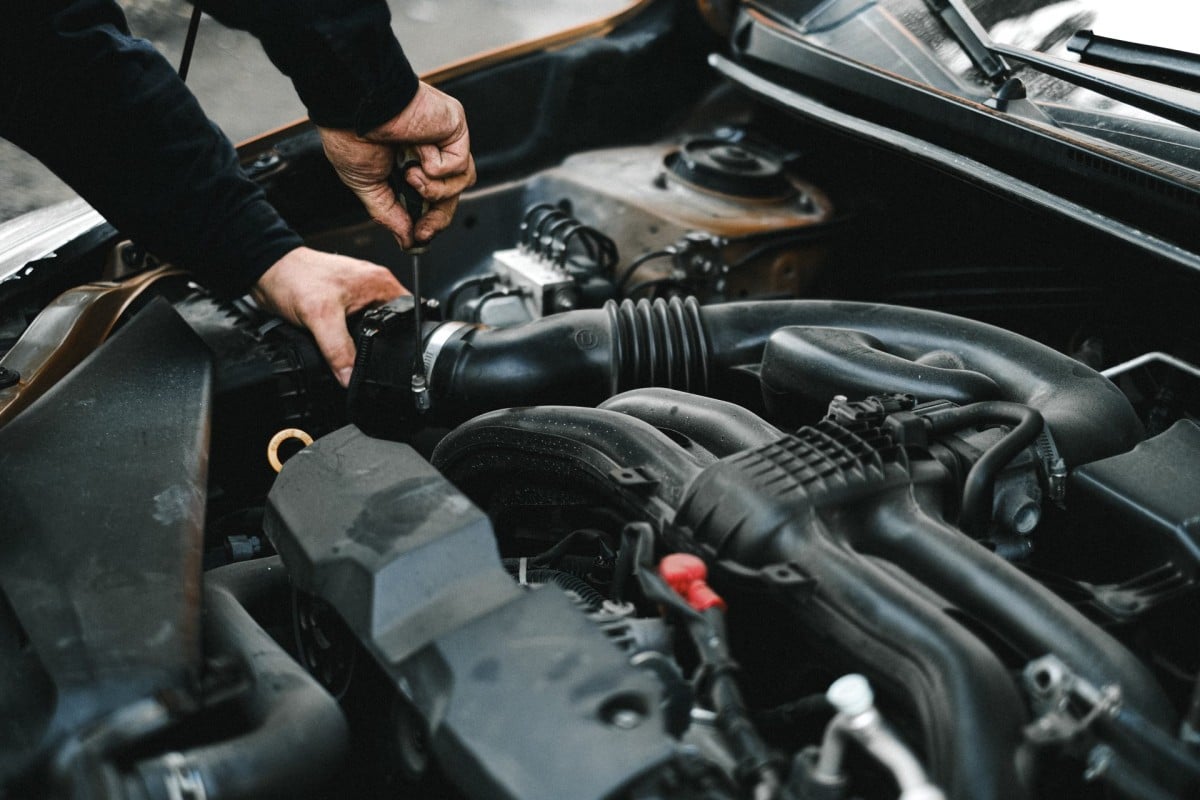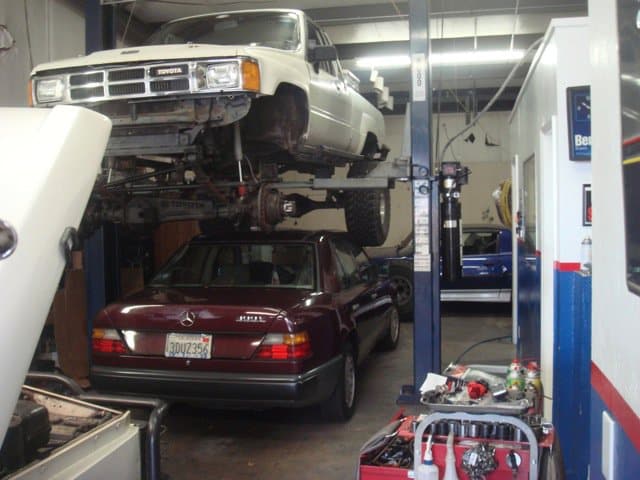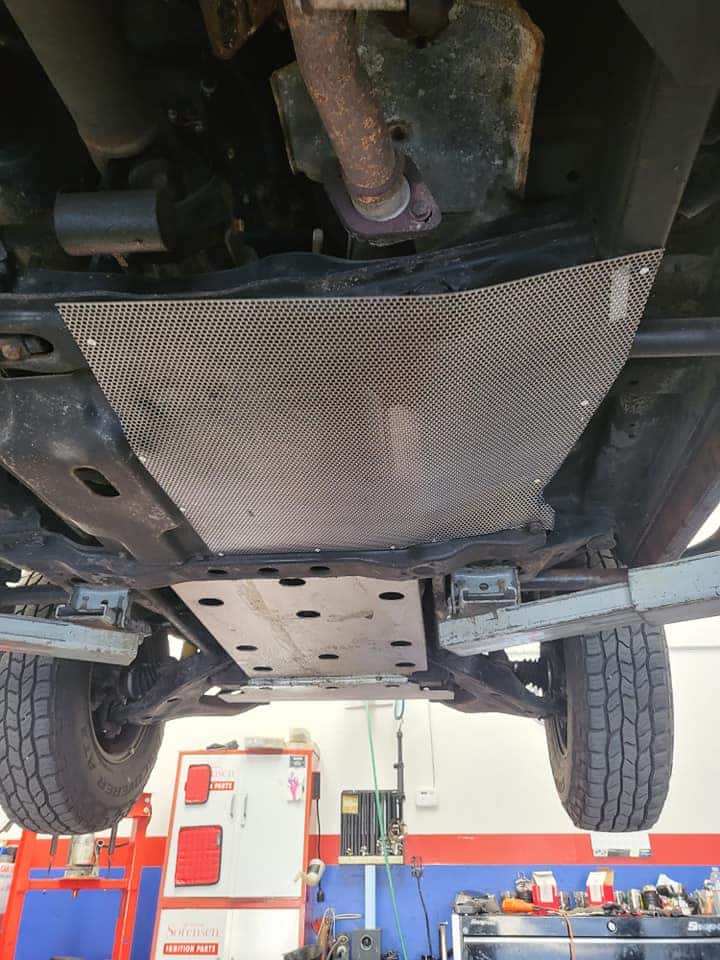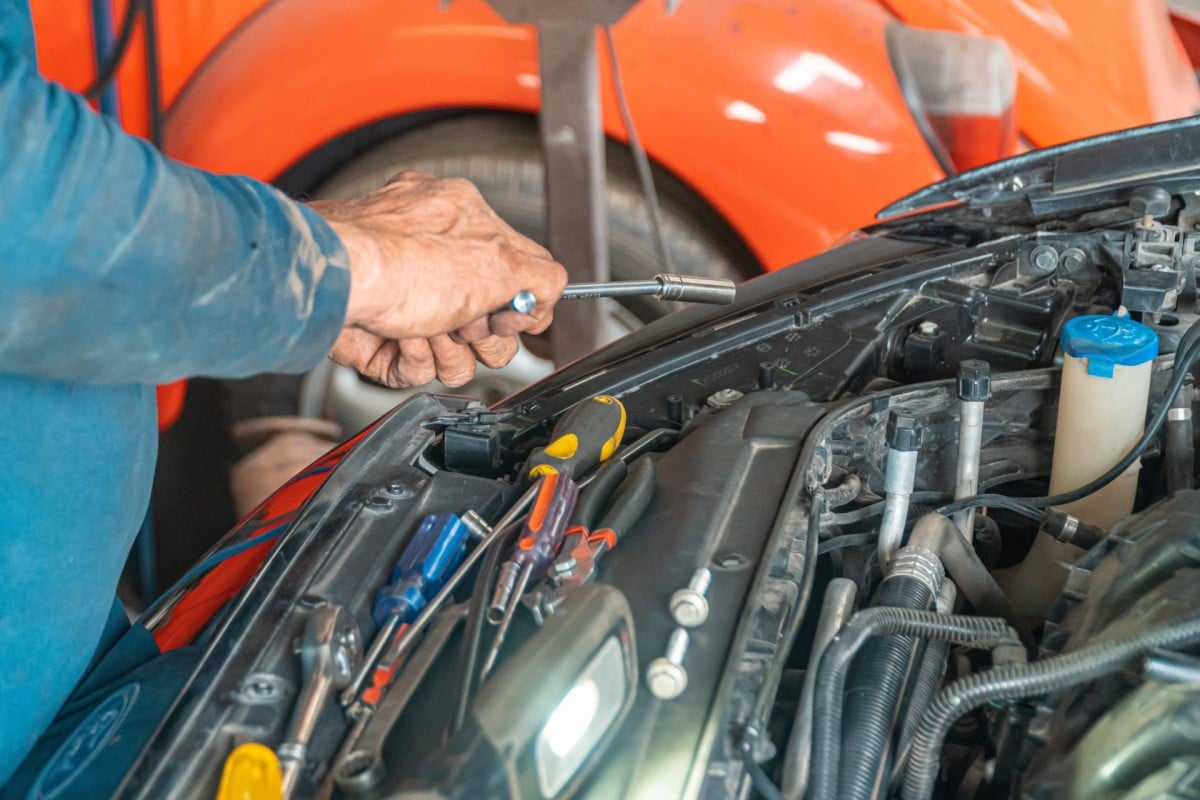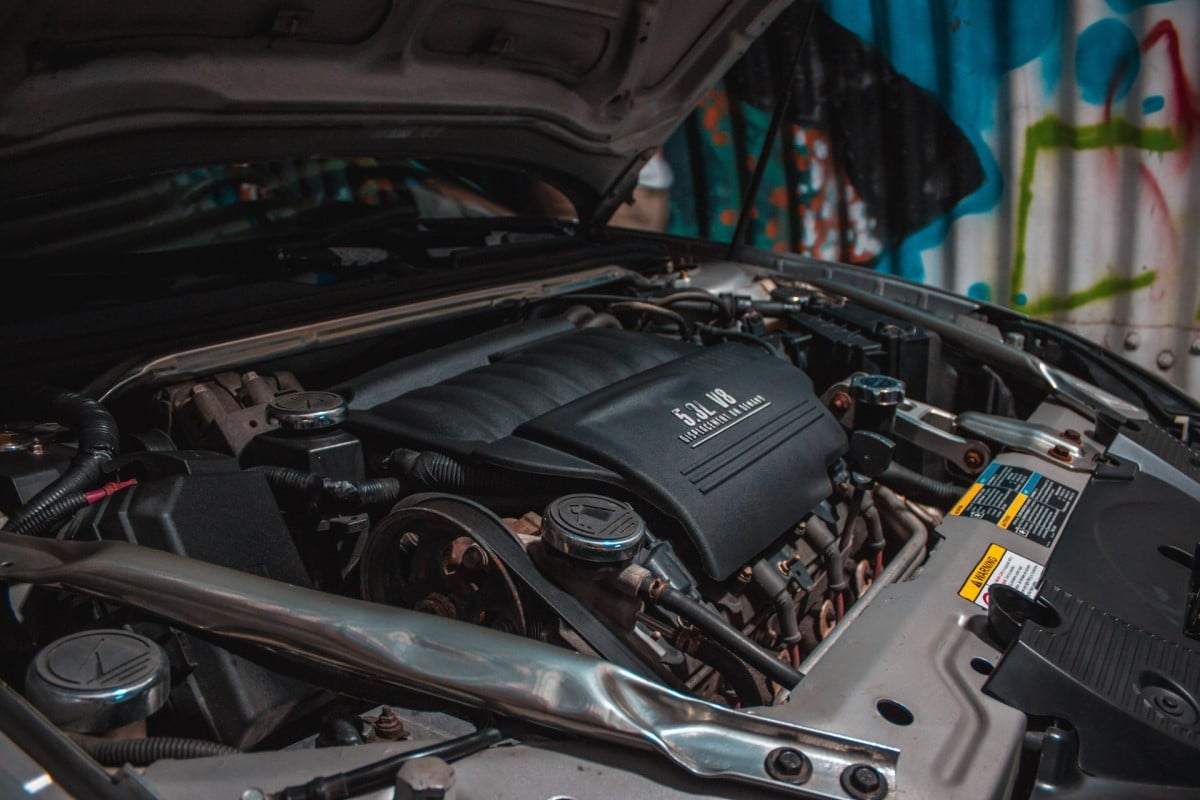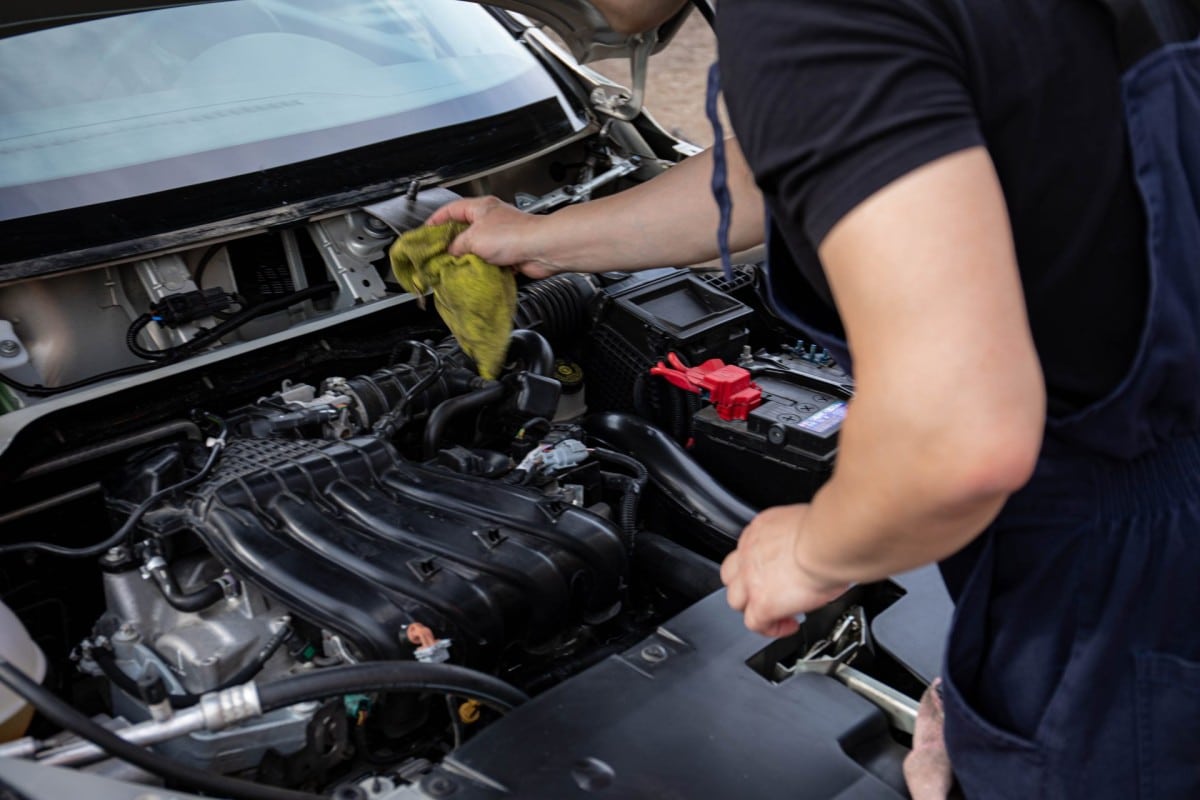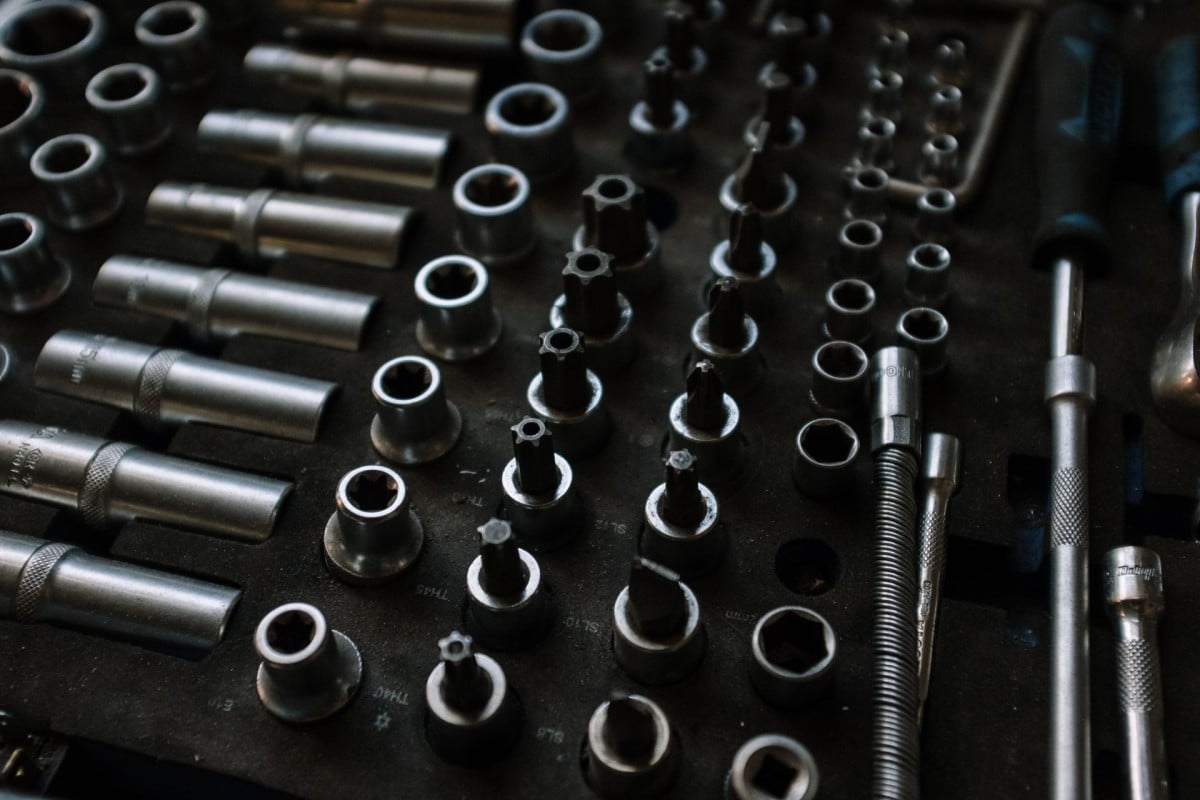It's no secret that cars are like the human body in many ways – they both need regular check-ups to run smoothly and efficiently. And, just like how our bodies need water to stay hydrated, our vehicles demand oil to keep their engines lubricated. It's a simple comparison, but it does drive home (see what we did there?) the importance of regular oil changes.
Why Oil Changes are Essential
Consider the oil as the lifeblood of your car's engine. It serves numerous key functions that are critical for your vehicle's performance. For instance, it keeps the engine components cool, prevents the accumulation of dust and debris, and reduces engine wear and tear.
However, over time, oil degrades and loses its efficiency. This degradation process can lead to a whole slew of issues, ranging from engine overheating to complete engine failure. And let's face it, engine replacement or repair isn't exactly what you'd call inexpensive.
How Often Should You Change Your Oil?
While it's clear that regular oil changes are crucial, the frequency can be a bit tricky. This is because it largely depends on various factors such as your vehicle's make, model, and age, the type of oil you use, and your driving habits.
For instance, if you're using conventional oil, experts suggest changing it every 3,000 to 5,000 miles. But if you're using synthetic oil, you can go for a longer stretch of about 7,500 to 10,000 miles between oil changes.
However, these are just guidelines, and it's always best to follow the manufacturer's recommendations. You'd be wise to check your owner's manual for specific advice on oil change intervals.
Common Signs Your Car Needs an Oil Change
While you should stick to a regular oil change schedule, there are also signs to watch out for that may indicate it's time for an oil change sooner than expected. These include:
1. Your engine is louder than usual: Oil lubricates your engine parts to prevent metal-on-metal contact. If your engine seems louder or you hear knocking or rumbling, it might be time for an oil change.
2. Dark and dirty oil: Clean oil is amber in color. If you notice that your oil has turned dark and dirty, it's a sign that it needs to be changed.
3. Check engine or oil change light: The most obvious sign is when your vehicle's check engine or oil change light illuminates.
DIY vs. Professional Oil Change
Changing your oil is a task you could take on yourself. But it's a messy job that requires time and a certain level of expertise. For most people, the convenience and peace of mind that come with a professional oil change outweigh the potential cost savings of doing it yourself.
At the end of the day, regular oil changes are about more than just maintaining your vehicle's performance. They're about extending the life of your car, improving your gas mileage, and preventing costly repairs down the road. And when it comes to your vehicle, prevention is always better than cure.
So, for the folks in and around Rohnert Park, it's time you gave your car the care it deserves. Visit Sartorial Auto Repairs, where our expertise in auto repairs and maintenance guarantees a healthier, smoother ride for your beloved vehicle. Trust us, your car will thank you for it!


